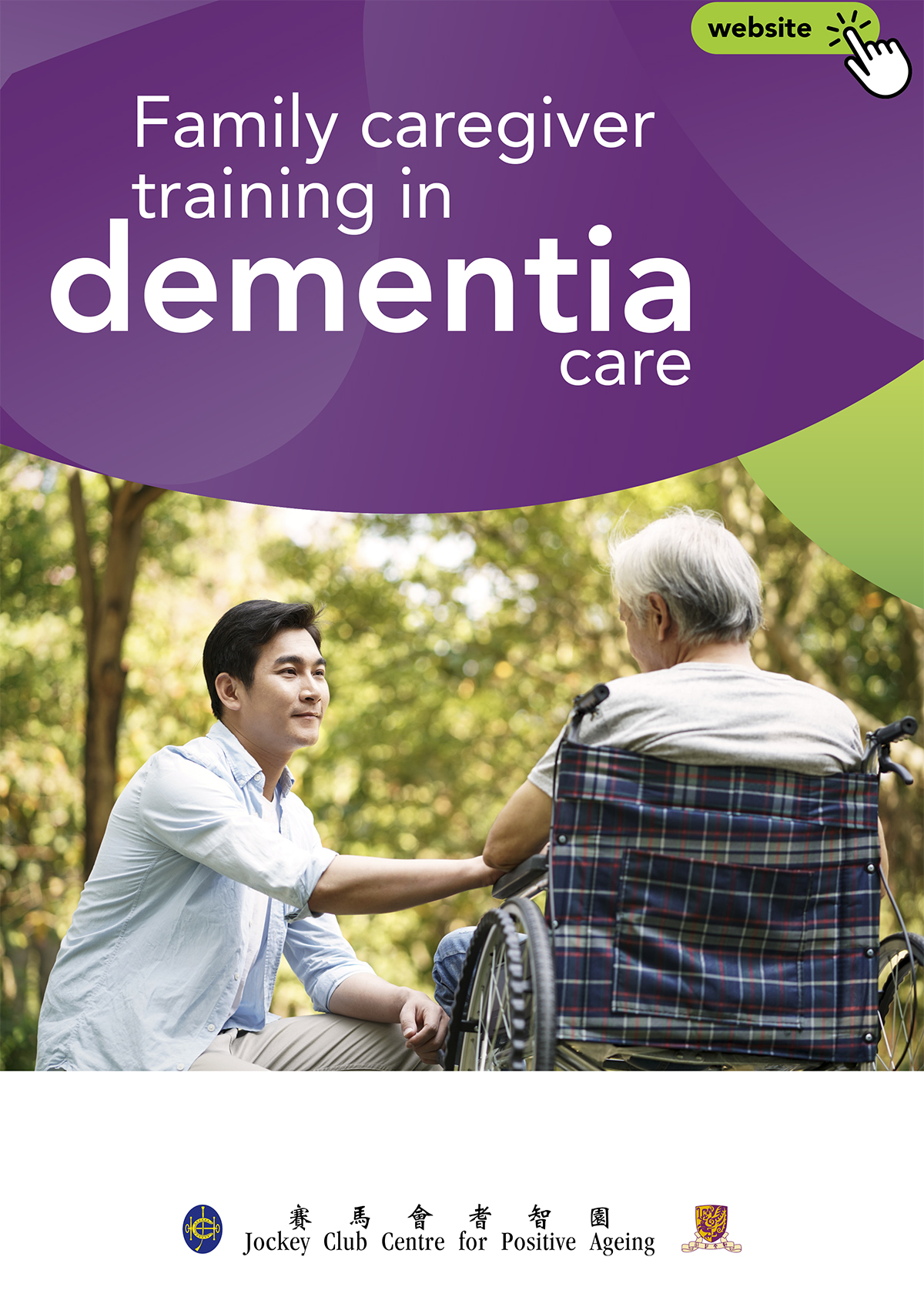Here, the Department of Medicine & Therapeutics discuss family caregiver training in dementia care
When it comes to the care of individuals with Dementia, there must be a combination of psychological and physical input that gives the patient a more humane quality of life. But when this combination of care falls onto those who have no training, but are there by necessity, what happens?
Here, Professor Timothy Kwok, Director of Jockey Club Centre for Positive Ageing, explains that family caregivers are at high risk of depression and stress. They are present in the lives of their loved one, helping how they can – but they lack the psychological tools they need to survive such an output of care.
Therefore, good training of family caregivers in relation to dementia is crucial. There are differences in the psychological toll depending on severity of illness, which comes with pragmatic changes to how a person is trained to give care.
But what is the best method of training family care givers?
The Jockey Club Centre for Positive Ageing has already explored the multitude of options, evaluated them, and documented their observations so that others can follow a known path. The pandemic also taught them new lessons about access to training.
For instance, they run a course for family members. This course has been running since 2016, but in the midst of the pandemic, gained the largest attendance since they began. What changed?
The course became vastly more accessible, moving online, and meaning that individuals did not need to commute – which could often double the amount of time a person spends outside their homes, resulting in some dementia patients being physically alone. The team realised that accessibility, via time and energy, was a huge concern for those taking care of their family members.
Here, you can learn the best way to structure and deliver family caregiver training.


